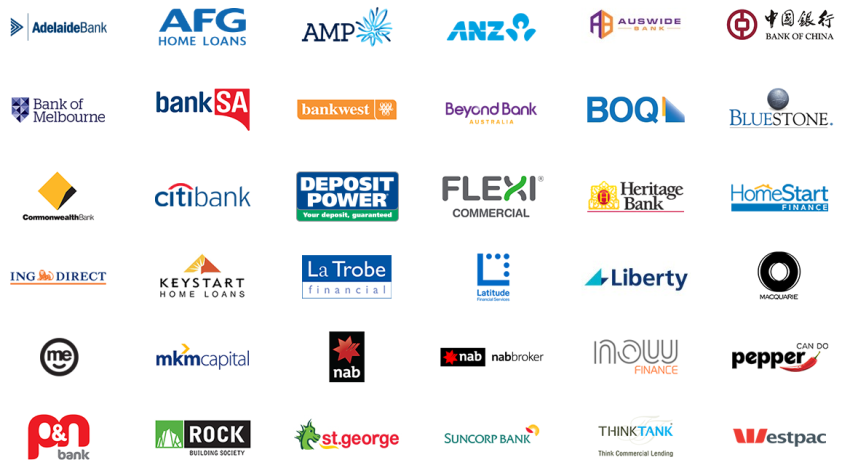WHAT IS A CONSTRUCTION LOAN?
Building your own house can be a wonderful and fun experience – but it can also be a long and expensive process. However, most people cannot afford to pay for the cost of home construction up front, and getting a mortgage can be tricky. After all, you’re asking a bank or a mortgage lender to give you money for something that doesn’t even exist yet. A standard mortgage loan is not going to cut it – but you may be eligible for a special type of loan known as a construction loan.
Need a construction loan?
Whatever your circumstances, your Crown Alliance Financial broker will find the deal that’s right for you, not the lender. We can arrange for a mortgage broker near you to get in touch to discuss your options.
Please contact a Crown Alliance Financial mortgage broker on Ph 02 6282 6282 to discuss.
Banks and mortgage lenders are often leery of construction loans for many reasons. One major issue is that you need to place a lot of trust in the builder. The bank or lender is lending money for something that is to be constructed, with the assumption that it will have a certain value when it is finished.
If things go wrong – for instance, if the builder does a poor job or if property values fall – then it could turn out that the bank has made a bad investment and that the property isn’t worth as much as the loan.
To try to protect themselves from this problematic outcome, banks often impose strict qualifying requirements for a construction loan. These usually include the following provisions:
- A Qualified Builder Must Be Involved.A qualified builder is a licensed general contractor with an established reputation for building quality homes. This means that you may have an especially hard time finding an institution to finance your project if you are intending to act as your own general contractor, or if you are involved in an owner/builder situation.
- The Lender Needs Detailed Specifications.This includes floor plans, as well as details about the materials that are going to be used in the home. Builders often put together a comprehensive list of all details (sometimes called the “blue book”); details generally include everything from ceiling heights to the type of home insulation to be used.
- The Home Value Must Be Estimated by an Appraiser.Although it can seem difficult to appraise something that doesn’t exist, the lender must have an appraiser consider the blue book and specs of the house, as well as the value of the land that the home is being built on. These calculations are then compared to other similar houses with similar locations, similar features, and similar size. These other houses are called “comps,” and an appraised value is determined based on the comps.
- You Will Need to Put Down a Large Down Payment.Typically, 20% is the minimum you need to put down for a construction loan – some lenders require as much as 25% down. This ensures that you are invested in the project and won’t just walk away if things go wrong. This also protects the bank or lender in case the house doesn’t turn out to be worth as much as they expected.
Providing that you meet all these criteria and have good credit, you should be able to qualify for a construction loan. Generally, lenders also require information regarding your income (to be sure you can afford the mortgage payments) and your current home, just as they would with any type of standard mortgage loan.
Lenders we use


